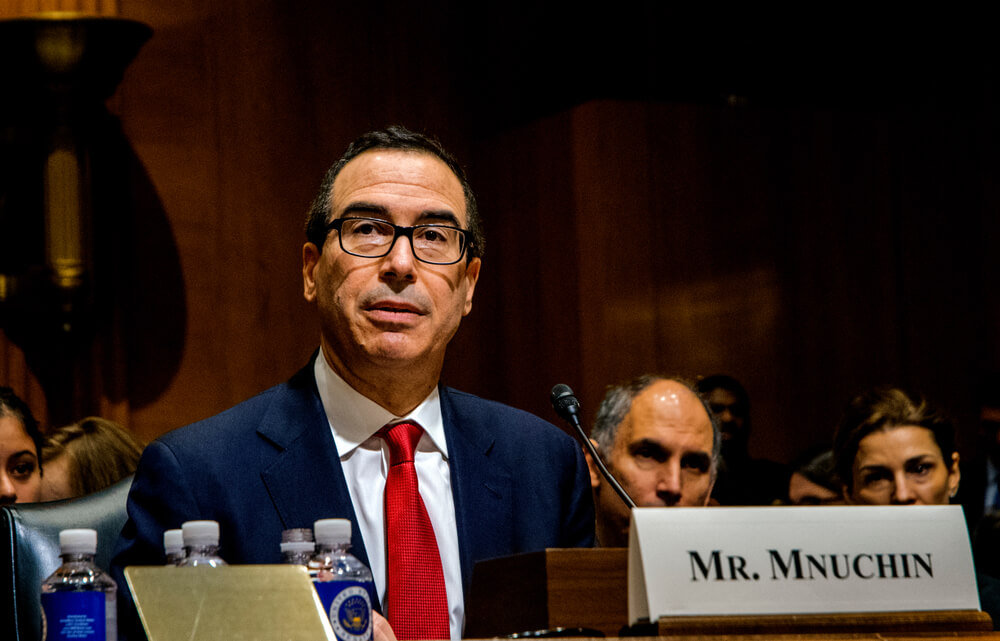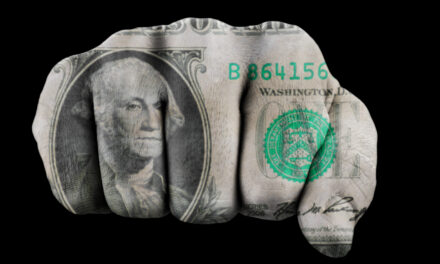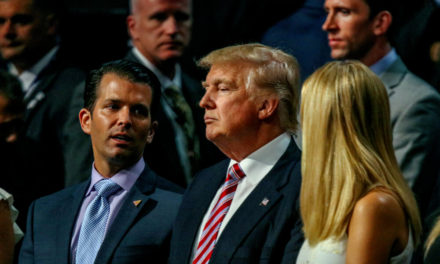U.S. Treasury Secretary Steve Mnuchin said Tuesday he hopes for “substantial progress” in talks with Chinese officials aimed at ending a trade war over Beijing’s technology ambitions.
Mnuchin and Trade Representative Robert Lighthizer were to have a working dinner and then meet Wednesday with Chinese negotiators to discuss the standoff between the two biggest global economies, which has rattled financial markets.
“We hope to make substantial progress,” Mnuchin told reporters.
The secretary said he wouldn’t talk about specific issues but said, “we’ve made a lot of progress.”
A Chinese team is scheduled to visit Washington next week for another round of negotiations.
Mnuchin expressed hope Monday the two sets of talks will progress enough for U.S. officials to recommend to President Donald Trump whether to make a deal with Beijing.
Trump raised U.S. duties on $250 billion of Chinese imports in response to complaints Beijing steals or pressures companies to hand over technology.
Washington is pressing China to scale back plans for government-led creation of globally competitive companies with advanced technologies in robotics and other fields. Beijing’s trading partners say such support violates its market-opening commitments.
Beijing has retaliated by raising import duties on $110 billion in U.S. goods.
Financial markets have been steadied by statements from both governments that they are making progress, but no formal agreements have been announced.
The negotiators are still discussing how to ensure that Beijing would adhere to whatever commitments it makes, and whether the Trump administration would keep tariffs on Chinese imports to maintain leverage over Beijing.
Mnuchin told Fox Business Network that an enforcement mechanism just “needs a little bit of fine tuning.”
U.S. officials and businesses assert that China has failed to keep past promises concerning its trade practices.
Trump also wants to narrow America’s huge trade deficit with China — $379 billion last year — by pressing Beijing to agree to accept more U.S. exports.
Critics worry any agreement might hurt other countries by shifting Chinese demand away from them. They also worry it might marginalize the World Trade Organization, which is meant to enforce global free trade rules for everybody.
© The Associated Press. All rights reserved.




